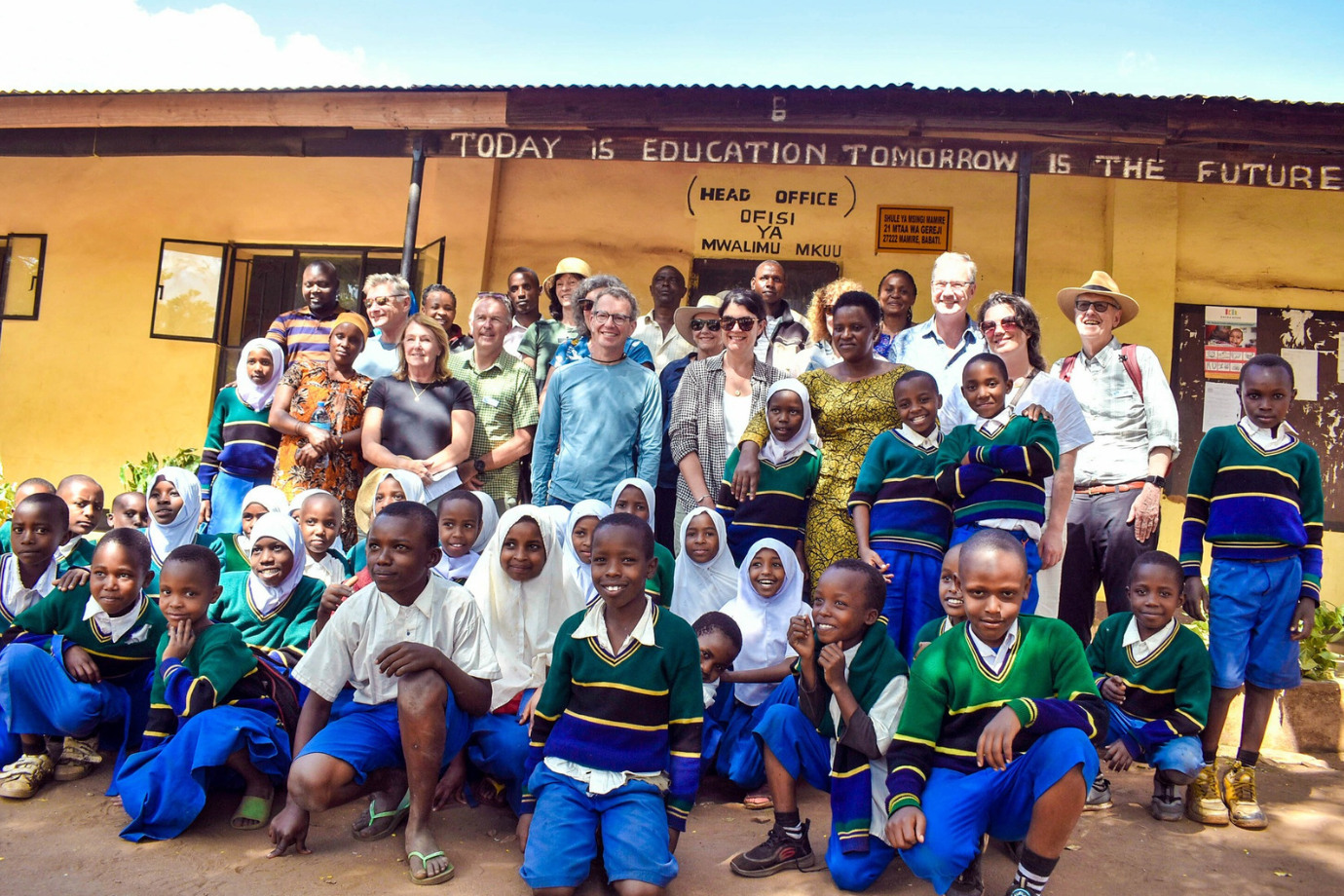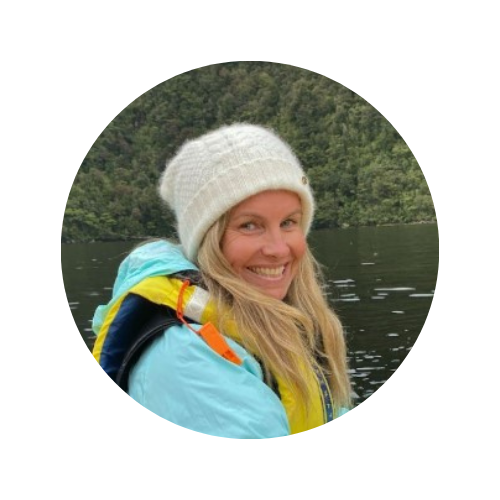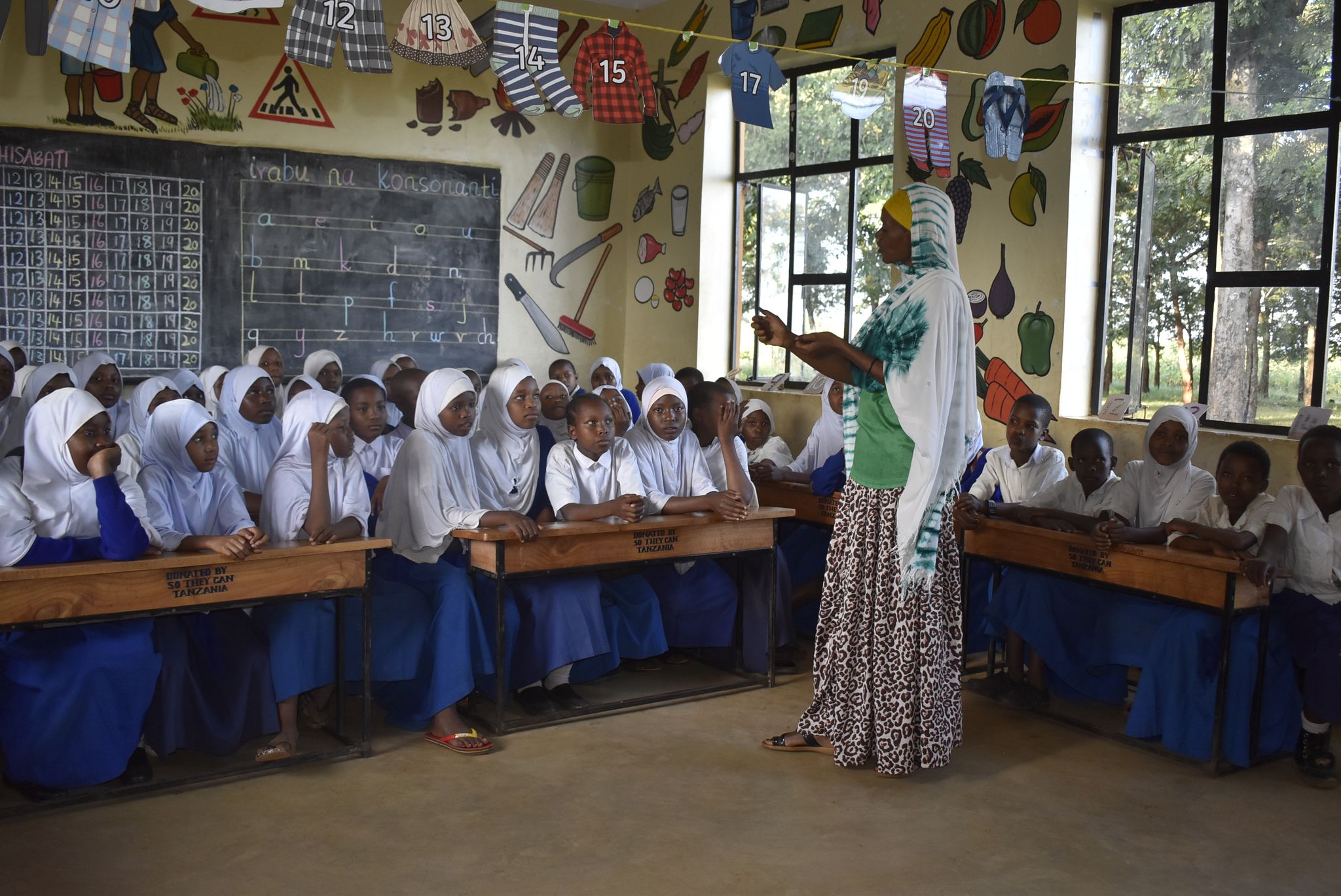Investing in Africa can no longer be viewed through a lens of “charity”. Instead, investing in Africa must be understood as investing in our mutual, global economic, political and social interests.
Whilst the Majority World will bear the brunt of our Minority World’s policies, increasingly, the issues that we face domestically in Australia are global in nature. In fact, they are reverberating on a global scale like never before. Climate change, mass forced displacement, global political shifts, trade wars and the clean energy transition, just to name a few. However, there is another, less discussed global change in progress. Vast demographic shifts. New populations that will reshape our world, the global economy and possibly alter the world order.
Most notably in Africa, seismic change is underway. By 2050, 25% of our world’s population will be African. The continent’s population is projected to nearly double to 2.5 billion people. Within the next decade, Africa will also have the world’s largest workforce, surpassing China and India.
The impact will be immense, and equally uncertain. The business world is positioning itself accordingly. As resource conglomerates race to capitalise on the huge reserves of natural resources needed for expanding global markets; corporates chase new markets of untapped African consumers; and global leaders vie to become allies of African nations. But what about us, the international development sector in Australia and beyond. Are we positioned for this momentous change?
We are entering the dawn of the African Century and as Australians, and global citizens, it is time for us to see the light. In the next 25 years, Africans will account for more than a third of the world’s young people. It is today’s rapidly increasing child population across African countries that will become the emerging working force of the continent and the world. It offers promise in a demographic dividend that can lift hundreds of millions out of extreme poverty if we leverage the transformative power of investment in essential services for children and youth, their societies and economies. Essentially, urgent investment in quality education in Africa is required.
In particular, there is an imminent need for Australians to direct their philanthropic efforts to Africa. I hope that the findings from the Australian Government’s public inquiry move beyond policy recommendations, and meaningfully bolster Australian philanthropy. The restructuring of ancillary funds – increasing the annual minimal distribution, introducing mandatory distribution strategies and making ancillary fund information publicly available – would be transformative given their exponential rise. As individuals, we also need to do better than only 10c in every dollar donated to international causes. However, it is from my experience as Founder and CEO of So They Can, that I also believe that investing in scalable and sustainable development, particularly education, in Africa is where our strongest lever lies.

AIDN Insights Tour: So They Can was delighted to host an Insights Tour visit organised by the Australian International Development Network in May 2024. The group visited So They Can in Tanzania, and one of their partner schools, Mamire Primary School. Photo credit: Ramadhani Hussein, So They Can Tanzania.
When I first started So They Can in 2009, we built a primary school in Kenya. It was a direct response to a request from desperate parents – ‘we need a school for our children, an education is the only inheritance we can give them’. These parents were some of the 600,000 Kenyans internally displaced in Nakuru following the 2007 election violence. Today that school, Aberdare Ranges Primary School, educates over 1,000 students (51% girls) across all primary-level grades.
However, Aberdare Ranges Primary School was also an important early lesson that bricks and mortar aid only creates unsustainable dependency. Over the past 15 years, we have adapted our approach to centre on partnerships. Working in direct partnerships with local and national governments, teachers, parents and school communities is now the foundation of So They Can’s Education Program, and Sustainable School Development Framework. It has underscored our evolution from a traditional aid approach at one school, to direct partnerships with 52 partner government schools in Kenya and Tanzania.
We’ve also learnt that scalability is key, and that universal access to education alone is not adequate. In Kenya and Tanzania, universal access to education is supported by national Governments with fee-free primary and secondary education. Nevertheless, the funding that schools receive directly from the federal Government is inadequate to cover operations or infrastructure costs. For example, the Government of Tanzania only provides the equivalent of AUD $3.60 per enrolled child, per year, direct to a school. And, there is no funding for pre-primary children, nor for schools with a total enrolment of less than 70 children.
It means that Government schools are effectively community owned. Unsurprisingly, severely under-resourced schools remain one of the leading causes of low attendance, performance and transition in the country. In rural villages, where families face multidimensional poverty, parents cannot afford the costs of school infrastructure nor operations. Consequently, we’ve worked tirelessly to ensure that our partnerships are also scalable and community-led.
We now deliver a holistic Education Program in government primary schools across the two countries. Our first step with every new partner school is community engagement. From the outset, the time period of our support is defined to ensure iterative planning and community ownership. Our agreement with schools outlines the roles and responsibilities of the local Government, the School Management Committee, parents and So They Can. In every school we take a multifaceted approach – strong government partnerships; teacher training and development; community engagement and learning; student wellbeing; development of school boards; school infrastructure and resources.
Our statistical and empirical data demonstrates that this approach is effective. In 2024, our Program Evaluation was an opportunity to assess our impact. Across 28 partner primary schools in Tanzania, that reach 17,000 children, our Education Program has significantly improved key education outcomes:
- 98% retention rate (compared to 87% in 2019).
- 94% attendance rate (compared to 74% in 2018).
- 89% students pass the Primary School Leaving Exam (compared to 64% in 2015).
- 89% students transition from Primary to Secondary education (compared to 64% in 2015).
- Gender parity in enrolment, and improved education outcomes for girls, are on par with boys.
In conclusion, as we mark our 52nd school partnership this year with Kifaru Juu Primary School in Tanzania, myself and the team at So They Can are so proud of what we have achieved. Over 15 years, we’ve expanded from one school dependent on external funding to expanded partnership with government and a program underpinned by the philosophy that investments in education in East Africa must be scalable and community-led.
However, as we enter into a new era that will be defined by the African continent, it is also clear that there is scope for this model to be expanded. In the next 25 years, Africans will account for more than a third of the world’s young people and the need for investment in essential services for children and youth, their societies and economies will only continue to grow. Right now, Australians are at a critical juncture to effectively and adequately respond to this shift – not simply out of “charity” but because we live in an increasingly interconnected world whereby investing in Africa is in our mutual global economic, political and social interests.
————————-
 Cassandra Treadwell is the Founder and CEO of one of Australia’s leading, Fully DFAT Accredited INGOs, So They Can. Since 2009 she has been on a mission to end child poverty in Africa, through education. Cass is a leading voice in sustainable development in Africa. In 2023 So They Can was awarded full accreditation by the Australian Government’s Department of Foreign Affairs and Trade, which puts them in the top 1% of Australia’s charities. In 2022, Cass was awarded Women’s Refuge Services Inspirational Woman of the Year and in 2015, she was a New Zealander of the Year finalist.
Cassandra Treadwell is the Founder and CEO of one of Australia’s leading, Fully DFAT Accredited INGOs, So They Can. Since 2009 she has been on a mission to end child poverty in Africa, through education. Cass is a leading voice in sustainable development in Africa. In 2023 So They Can was awarded full accreditation by the Australian Government’s Department of Foreign Affairs and Trade, which puts them in the top 1% of Australia’s charities. In 2022, Cass was awarded Women’s Refuge Services Inspirational Woman of the Year and in 2015, she was a New Zealander of the Year finalist.
So They Can provides access to quality education in East Africa with improved learning conditions, teacher training, child development, and women’s empowerment through inclusive partnerships with communities and governments. In 2024 So They Can’s Education Program reaches 32,000 children and their families across 51 government primary and secondary schools in Kenya and Tanzania. Their interlinked Community Development Program reaches 15,000 community members through Child Wellbeing, Women’s Empowerment and Community Health initiatives. So They Can educate to empower, and break the cycle of poverty.
Feature image: So They Can’s network of 150 trained Champion Mothers and Fathers in Tanzania and Kenya are drivers of social change in their villages. Here, a Champion Mother conducts a menstrual hygiene health management session with girls at Oring’adida Primary School, Tanzania. As the focal point in their community, Champions are the critical connector between all of the various duty bearers.
Photo credit :Ramadhani Hussein, So They Can Tanzania.
